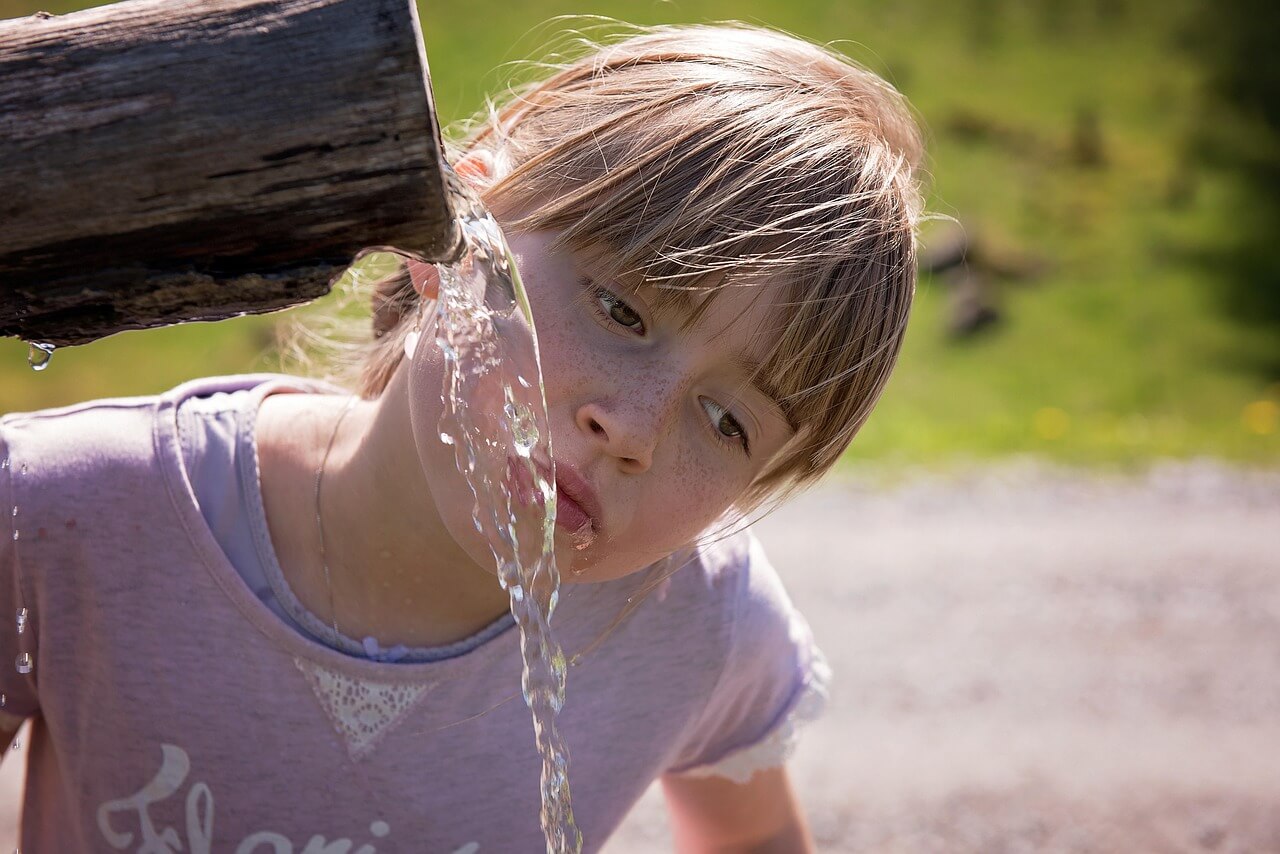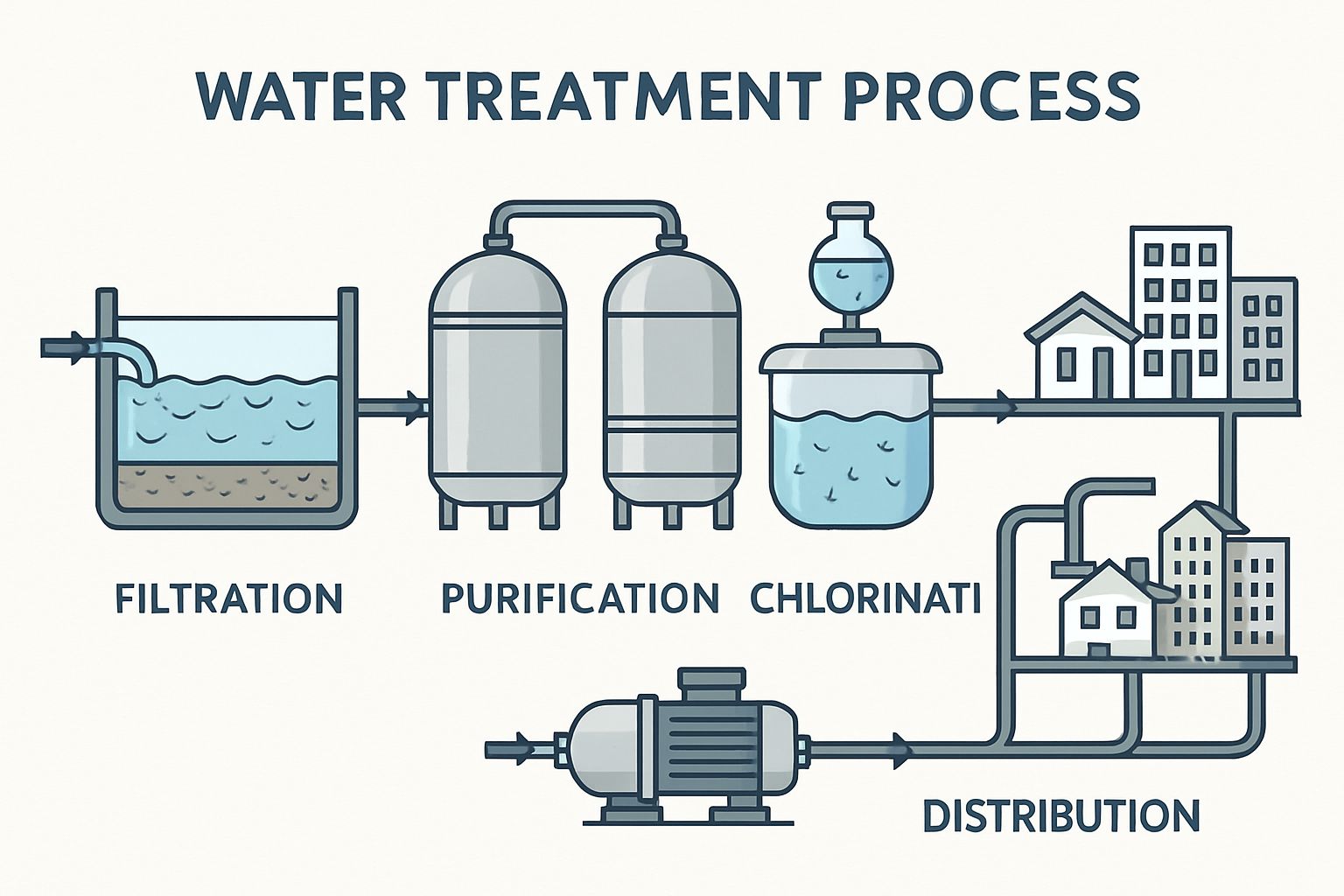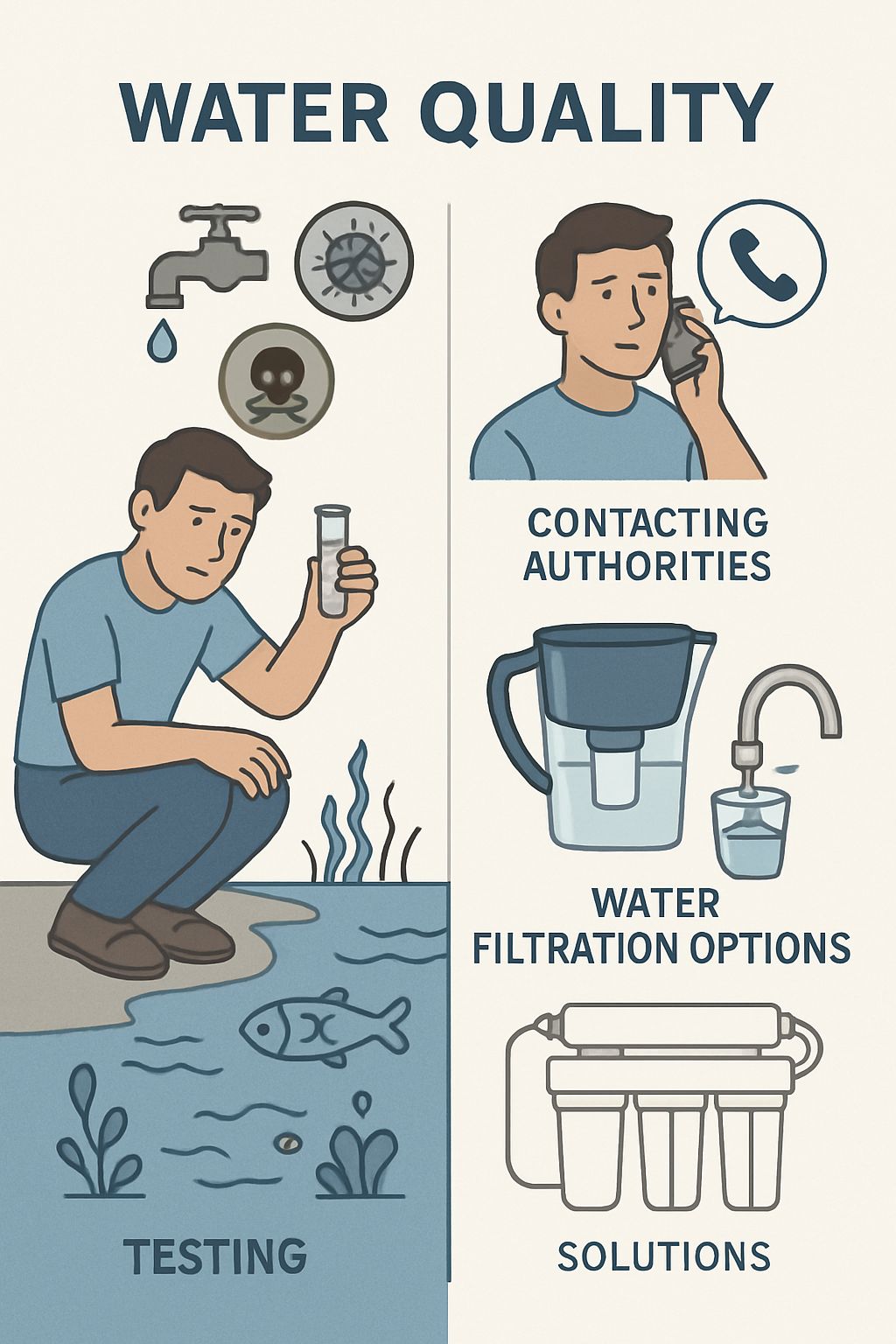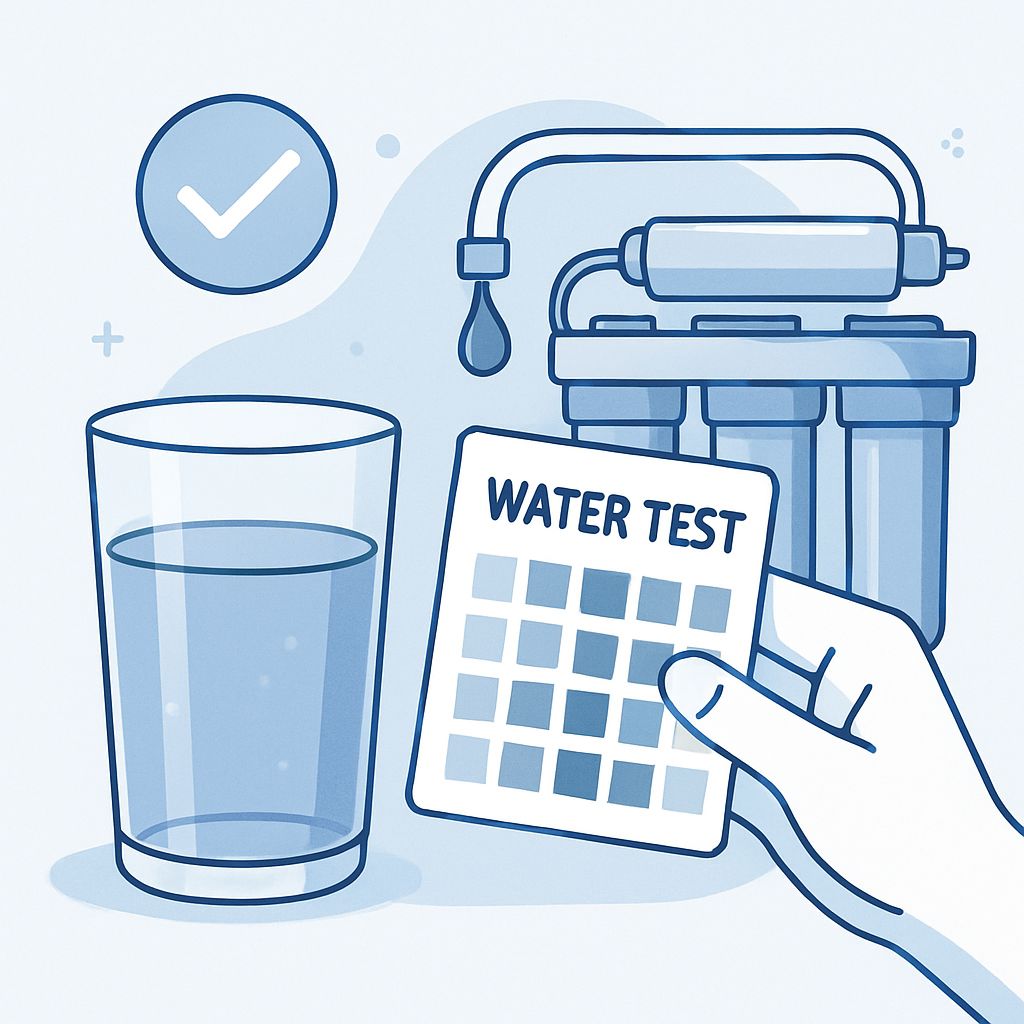
Can You Drink Water During Ramadan? Learn the Rules and Significance of Fasting
Ramadan is a sacred month for Muslims, marked by fasting, prayer, and spiritual reflection. For those unfamiliar with its practices, a common question often arises: Can you drink water during Ramadan? The answer is simple yet significant. During the hours of fasting, which extend from dawn (Suhoor) to sunset (Iftar), Muslims refrain from both food and drink, including water. This blog explores the reasoning behind this rule, its significance, and practical tips for observing Ramadan with care.
Why Do Muslims Refrain from Drinking Water While Fasting?
Fasting during Ramadan, known as sawm, is one of the Five Pillars of Islam—fundamental acts of worship that define a Muslim’s faith. Refraining from food, drink, and other physical needs during daylight hours is an act of devotion, self-discipline, and submission to Allah.
The abstention from water, in particular, underscores the spiritual and physical commitment of fasting. It serves as a reminder of the blessings often taken for granted and fosters empathy for those who lack access to basic necessities, such as clean water.
When Can You Drink Water During Ramadan?
Muslims can drink water during non-fasting hours. The day begins with Suhoor, the pre-dawn meal, where individuals hydrate to prepare for the fast. The fast is then broken at sunset during Iftar, traditionally with dates and water, followed by a full meal. Staying hydrated during these times is essential to maintaining health and well-being throughout the month.
How to Stay Hydrated While Fasting
While fasting, it is crucial to prioritise hydration during non-fasting hours. Here are some tips to stay hydrated and energised:
- Drink Water at Suhoor and Iftar: Ensure you drink plenty of water during these meals to replenish fluids lost during the day.
- Avoid Dehydrating Drinks: Minimise the intake of caffeine and sugary beverages, as they can lead to dehydration.
- Incorporate Hydrating Foods: Fruits and vegetables with high water content, such as watermelon, cucumber, and oranges, are excellent choices.
- Spread Out Your Water Intake: Instead of drinking a large amount at once, sip water consistently between Iftar and Suhoor.
The Spiritual Significance of Fasting
Fasting is not merely about abstaining from food and water; it is a holistic practice aimed at nurturing the soul. It teaches self-control, gratitude, and mindfulness. By experiencing thirst and hunger, Muslims are reminded of their dependence on Allah and develop greater compassion for those who face scarcity daily.
Exceptions to the Rule
Islam provides allowances for individuals who are unable to fast due to valid reasons. These include:
- Illness or Medical Conditions: Those whose health could be compromised by fasting are exempt.
- Travellers: Individuals undertaking long journeys may break their fast and make up for it later.
- Pregnant or Nursing Women: Women whose health or the health of their child may be affected are excused.
- Children and the Elderly: Fasting is not obligatory for children who have not reached puberty or elderly individuals who are physically unable to fast.
These exemptions reflect the compassion and flexibility inherent in Islamic teachings.
A Time to Reflect and Give Back
Ramadan is a time of self-reflection, gratitude, and generosity. By refraining from water and food, Muslims are reminded of the hardships faced by millions who lack access to these basic needs. Supporting initiatives such as clean water projects is a meaningful way to honour the spirit of Ramadan.
At the Australian Relief Organisation, we are committed to providing clean and safe drinking water to communities in need. Your contributions help us bring hope and relief to vulnerable populations worldwide.
This Ramadan, let us embody the values of compassion and unity by making a positive impact together.
Related Project: Clean Water



